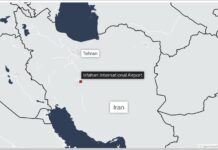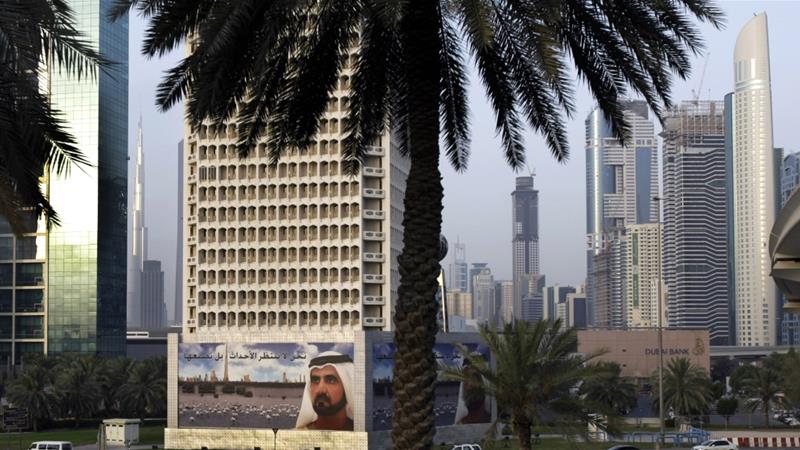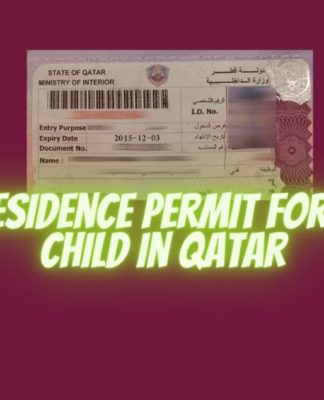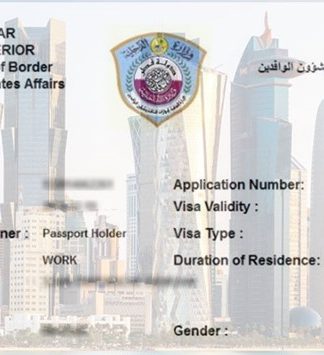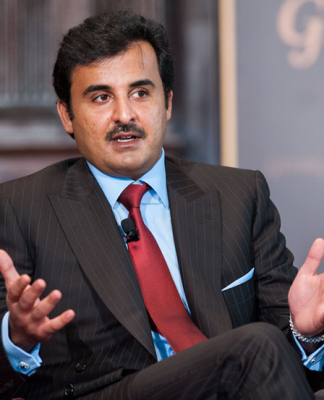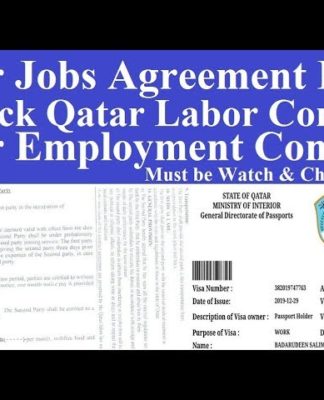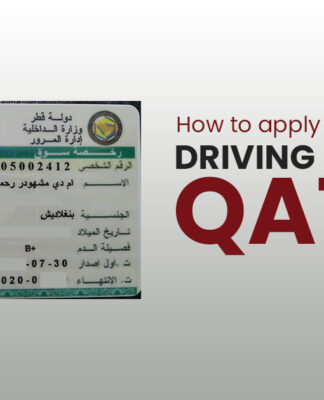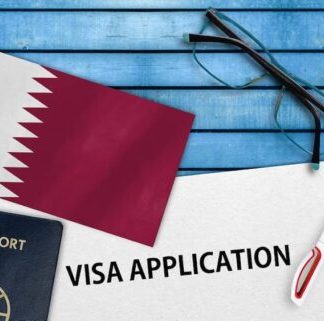UAE-based companies, banks, shy away from business opportunities with Qatari shareholders amid ongoing GCC crisis.
The blockade against Qatar is being played out in banks in the United Arab Emirates (UAE) that have Qatari shareholders, weighing on their business and raising questions about their future.
Some banks and other businesses had been warned by the UAE government against entering into deals with Qatari companies, since the UAE, Saudi Arabia, Bahrain and Egypt began a boycott of Qatar in June 2017, sources, including a senior UAE banker and a UAE business official, told Reuters news agency.
As a result, some UAE companies and banks have shied away from business with United Arab Bank (UAB), Commercial Bank International and Al Khaliji France, sources said.
Qatari nationals face UAE travel restrictions, making it hard for them to manage their investments in the emirates.
On June 5, 2017, Saudi Arabia – alongside fellow Gulf Cooperation Council (GCC) countries Bahrain and the UAE, as well as Egypt – imposed a sea, air and land blockade on Qatar, accusing it of supporting terrorism and destabilising the region, allegations Doha has consistently denied.
Among its list of demands for the resolution of the crisis, the blockading quartet asked that Al Jazeera media network and a Turkish military base be shut down.
Since the boycott of Qatar, commercial ties have been scaled back and some UAE banks pulled deposits and loans from their Qatari counterparts, while Qatar’s Doha Bank is cutting its exposure to the UAE via asset swaps with UAE banks.
But Qataris, previously big investors in UAE real estate and other industries, are still the largest shareholders in UAB, 40 percent owned by the Commercial Bank of Qatar, and CBI, 40 percent held by Qatar National Bank (QNB).
UAB and CBI are the only banks of the 15 largest listed lenders in the UAE to experience a fall in assets, customer deposits and loans since the start of the crisis.
“CBI and UAB both previously benefited from their respective ownership by Qatari banks, and now this benefit is far less obvious,” Redmond Ramsdale at Fitch Ratings said.
Al Khaliji France, which operates in France and UAE and is wholly owned by Qatar’s Al Khalij Commercial Bank, has seen a drop in demand among its Qatari clients and has not grown its balance sheet, a source familiar with the matter said.
Unlisted Al Khaliji France’s latest full-year financial disclosures show its assets, customer deposits and loans and advances fell between 2016 and 2017.
UAB and CBI have been cleaning up their balance sheets since before the regional dispute began after a buildup of bad debt, mainly from SME customers hit by a soft economy.
“CBI has been reducing the unsecured lending portfolio in its retail banking business,” a bank spokesperson said, adding that with lower funding needs it had also reduced its deposits.
UAB, Al Khalij and the UAE Central Bank did not respond to requests for comment.
Disputed deposits
A UAE business official, who declined to be named, said at least one UAE bank with a Qatari shareholder had seen a withdrawal in some government-linked deposits.
However, sources close to the banks said they had not seen any significant outflow in government-linked deposits, adding that they had never been large in any case.
UAB and CBI have had to diversify their funding sources since the dispute, as some Abu Dhabi banks are wary about engaging with them, two sources said.
|
|
While Qatari banks Commercial Bank of Qatar and Al Khalij have both attempted to exit their holdings in UAE banks, partly as a result of the row, sale talks also failed in part because of the dispute.
Commercial Bank said in June it had ended talks with UAE-based Tabarak Investment to buy its UAB stake, with a source close to the talks saying Tabarak was unable to secure funding.
Al Khalij said in September that it had dropped the sale of Al Khaliji France.
A source familiar with both sales processes said some of the offers received by both banks were below market value “seeking to take advantage of the political situation”.
QNB has previously ruled out any sale of its stake in CBI.
SOURCE: aljazeera.com





